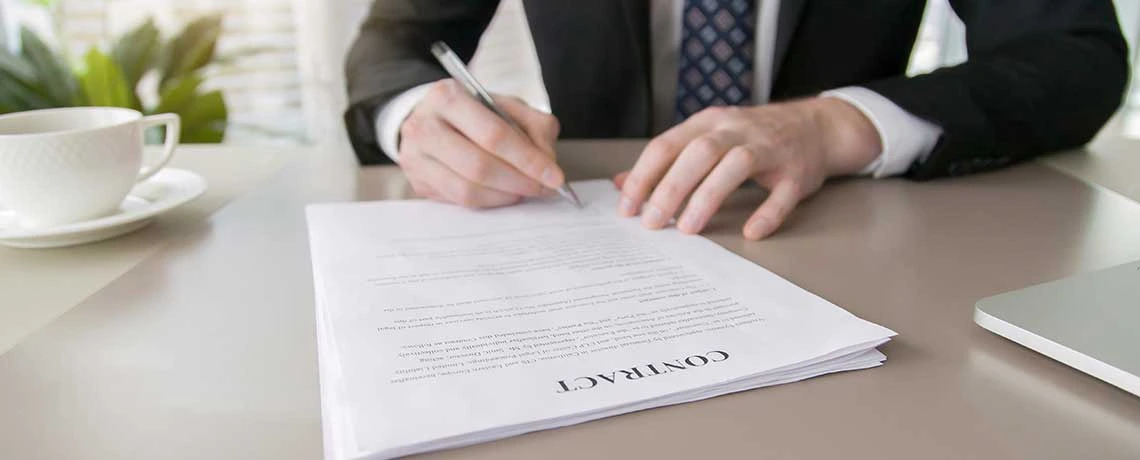Problem-Solving Skills – The Essence of an Engineer

Brainstorming on what we understand about a problem or project and how to find solutions for it is a decent beginning when faced with a new issue.
The ability to find solutions to problems easily, the ability to justify open-ended issues, and the capacity to cope under sudden explosion of information puts an engineer under immense stress. It is a known fact that engineers and scientists would be able to cope with the sudden pressure if they could acquire advanced thinking and problem-solving techniques. In his profession, an engineer is expected to create the latest products and find solutions for issues relating to the current products. A lack of critical and analytical thinking skills is why trial and error methods are used, and brainstorming sessions are conducted to find solutions to problems when faced.
The Seven Steps of Problem Solving
1. Find out the error
Find out and describe the issue. (Short and point specifically.). Then, find the problems in the entire picture, not just your project, to acquire the solution.
2. Establish your future achievements
- Completing a specific project or error will help achieve the overall solution.
- List down the pointers that will help you know you have completed the task.
- List criteria and constraints: Criteria is the standard you want to achieve. Constraints are the curtailments or restrictions for which solutions should be provided.
3. Research and Gather Information
- Research is sometimes required to understand the problems better and gather possible solutions.
- Don’t go around the wheel – looking at better possible solutions can lead to better adaptability
- Use previous experiences.
4. Brainstorm possible solutions
Think about and list as many solutions as possible to the various issues.
5. Choose the most appropriate solution
Asses solution by: 1) Comparing the problems and the solutions and coming to a possible conclusion.
2) Adjusting to pick out the finest amongst the issues.
6. Apply the solution
- Develop plans with intricate details. Example: Drawing relating to all construction procedures if it relates to Civil Engineering.
- Chalk out plans, tasks and resources needed for the process application.
- Make and apply the plan as per the required project.
7. Test and assess the solution
- Assess the solution against the criteria and constraints.
- Describe how to curate the solutions according to the issues.













